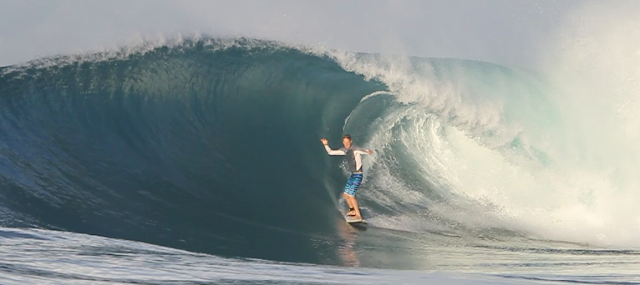 |
| PHOTO:LA TIMES |
If, a century ago, your great-great-grandparents lost their home and business due to an eminent domain decision based on racial prejudice, should you be entitled to reparations today? And how much should that restitution be?
That is the crux of a controversy that is currently happening in the upscale beach town of Manhattan Beach, Calif., where, until recently, controversies centered around limits to the size of your McMansion.
The death of George Floyd last year brought the issue into the spotlight as the Black Lives Matter movement took center stage across the U.S. Old memories and festering hard feelings were resurrected.
One hundred years ago Manhattan Beach was a no-man's land of wind-blown sand dunes on the shores of Los Angeles County's South Bay.
Spurred by the American entrepreneurial spirit, Charles and Willa Bruce purchased land next to the beach and developed a beach-gear rental business and eatery. Their success prompted several other African-American families to settle there.
In 1924, the city of Manhattan Beach condemned the entire property, ostensibly, to develop a public park. The Bruce's were paid $14,500, considered fair market value at the time, and their land was taken through eminent domain. Other property owners, Black and white, were paid $1,200 -- $4,200 per lot.
A city task force researched the history of Bruce's Beach and the city published highlights on its Website. These include mention, in the 1920s, of Ku Klux Klan activity in the area. And there is no question that racial prejudice influenced the city's decision to acquire the land.
"We cannot be responsible for something that happened 100 years ago," says Suzanne Hadley, mayor of Manhattan Beach, acknowledging the unfairness of what happened then.
She says the community is not racist today. "I would not live in a racist town."
Residents of Manhattan Beach are predominately white, with fewer than 1-percent Blacks, according to the L.A. Times.
 |
| Charles and Willa Bruce PHOTO:AMTHONY BRUCE |
Today, that property, named Bruce's Beach, is the only park in town near the beach, a lovely terraced greensward that includes a couple of basketball hoops, park benches, a few trees and shrubs. A Los Angeles County Lifeguard station is located adjacent to the beach, on the same site where the Bruce's business had been.
Descendants of the Bruce family and activists are asking for reparations, ranging from return of the property to the family to various monetary remunerations. Land value is estimated at $70 million.
Hearing the clarion cry of injustice, Los Angeles County Supervisor Janice Hahn has taken up the issue, specifically involving the property occupied by the County Lifeguard station. In 1995 that land was deeded to the county.
Hahn has suggested transferring the property to Bruce descendants with a lease-back arrangement to the county. Other more "creative" suggestions, from a state reparations agency, include providing family descendants with free tuition to the University of California, or no-down payment for first-time (family descendant) home buyers within the state.
The Los Angeles Times recently featured a detailed story about Bruces's Beach, including a related story about claims of racial prejudice in the local surf lineup. The "n-word" was mentioned.
A city task force on the subject reportedly dissolved into disagreement and disarray. The city refuses to apologize for the original injustice. "We don't want to wear a scarlet 'R' on our chest," says Hadley.
Others disagree with Hadley, believing that making an apology is extending long-due respect to those whose home and livelihood were taken away because of the color of their skin. It is the opposite of racism.
Visitors to the park today include people of all ages and colors. The publicity has increased park activity without causing notable problems. One newcomer is a food truck called Black Flour, a not-so-subtle pun. The truck features a variety of crepes made from black buckwheat.
If the word "buckwheat" brings up memories of racial stereotyping in your mind, rest assured that it is only coincidence. The Black Flour food truck is owned by a couple from France who claim they are honoring a traditional specialty from Brittany on the French coast.
According to the Times story, "The world is watching" Manhattan Beach.
I spent five days last week mostly near Bruce's Beach park, including one day when Mayor Hadley was being interviewed there. My 96-year-old mother-in-law is a park neighbor. She worries about losing the park that she has enjoyed for more than 60 years. I feel confident that a solution that respects all sides can be found. It will be found somewhere in the middle, with each side giving up something.
As a starting point, how about an apology.






